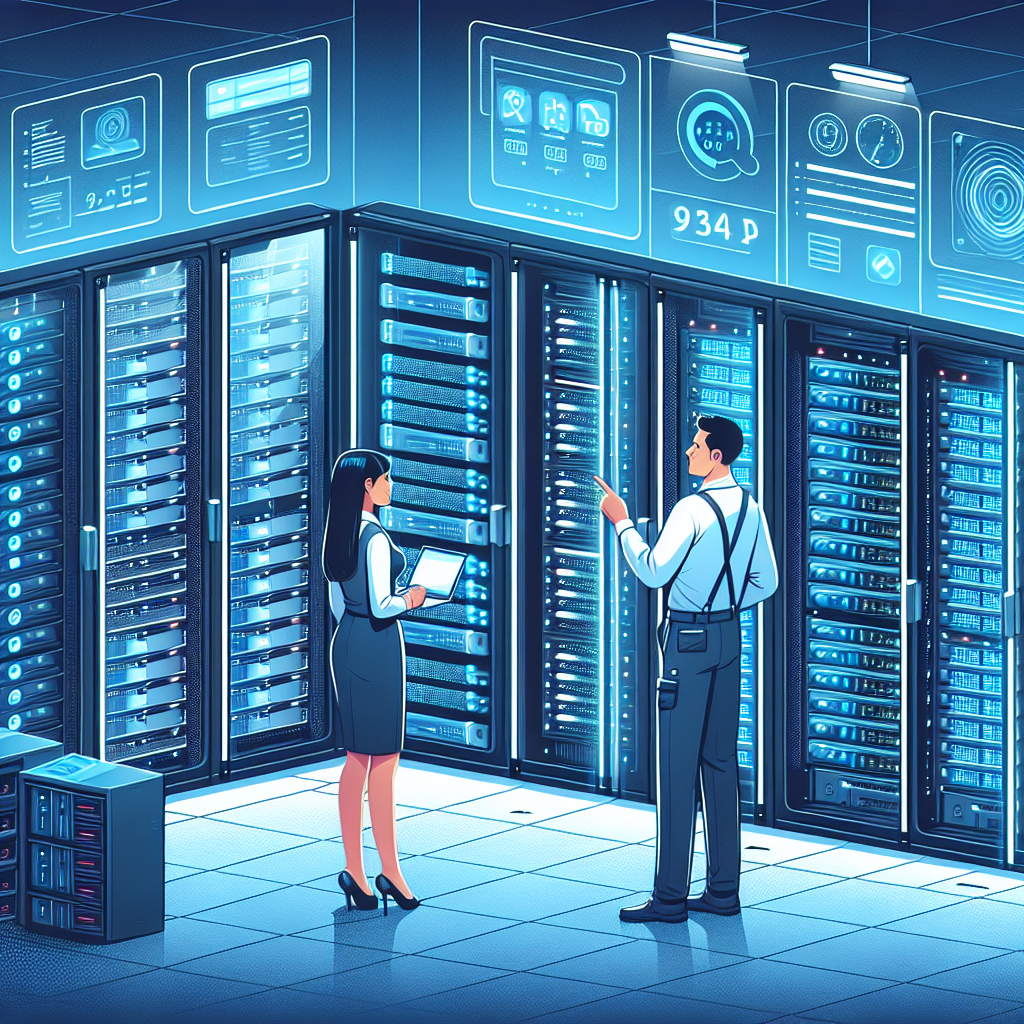Data centers are critical assets for organizations, housing valuable and sensitive information that needs to be protected at all costs. As cyber threats continue to evolve and become more sophisticated, choosing the right security system for your data center is essential to safeguarding your data and ensuring business continuity. Here are some key considerations for choosing the right data center security system:
1. Scalability: When selecting a data center security system, it is important to consider scalability. Your organization’s data needs may grow over time, so your security system should be able to scale to accommodate this growth. Look for a security system that can easily expand to meet the changing needs of your data center.
2. Physical security: Physical security is an important aspect of data center security. Look for security systems that include measures such as access control systems, surveillance cameras, and biometric authentication to prevent unauthorized access to your data center. Additionally, ensure that your data center is located in a secure facility with adequate physical security measures in place.
3. Cybersecurity: In addition to physical security, cybersecurity is also crucial for protecting your data center. Look for security systems that include firewalls, intrusion detection systems, and encryption to prevent cyber attacks and data breaches. Regular vulnerability assessments and security audits are also important to identify and address any potential security gaps.
4. Compliance: Depending on the industry your organization operates in, there may be specific regulatory requirements that govern data center security. Ensure that the security system you choose complies with relevant regulations and standards, such as GDPR, HIPAA, or PCI DSS. Failure to comply with these regulations can result in severe penalties and reputational damage.
5. Redundancy: Data center security systems should include redundancy measures to ensure continuous operation in the event of a failure or outage. Look for systems that include backup power supplies, redundant network connections, and failover mechanisms to minimize downtime and ensure data availability.
6. Monitoring and reporting: A data center security system should include robust monitoring and reporting capabilities to track security events, detect anomalies, and generate reports for compliance purposes. Look for systems that provide real-time alerts and notifications to enable quick response to security incidents.
7. Integration: Your data center security system should be able to integrate with other security tools and systems in your organization, such as security information and event management (SIEM) systems, to provide a comprehensive security posture. Look for systems that support open standards and APIs for easy integration with other security tools.
Choosing the right data center security system is a critical decision that can have a significant impact on the security and integrity of your organization’s data. By considering factors such as scalability, physical security, cybersecurity, compliance, redundancy, monitoring, and integration, you can select a security system that meets your organization’s unique needs and provides the highest level of protection for your data center.


Leave a Reply